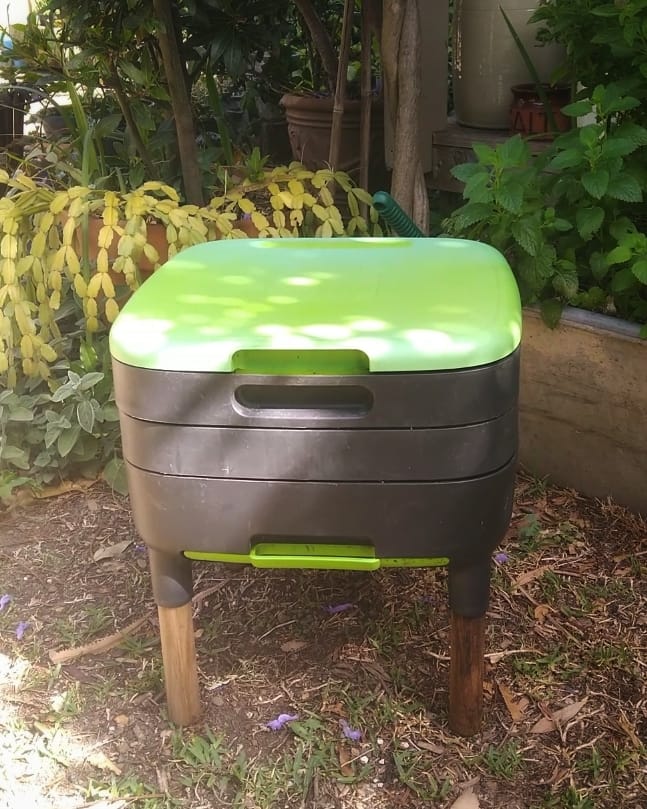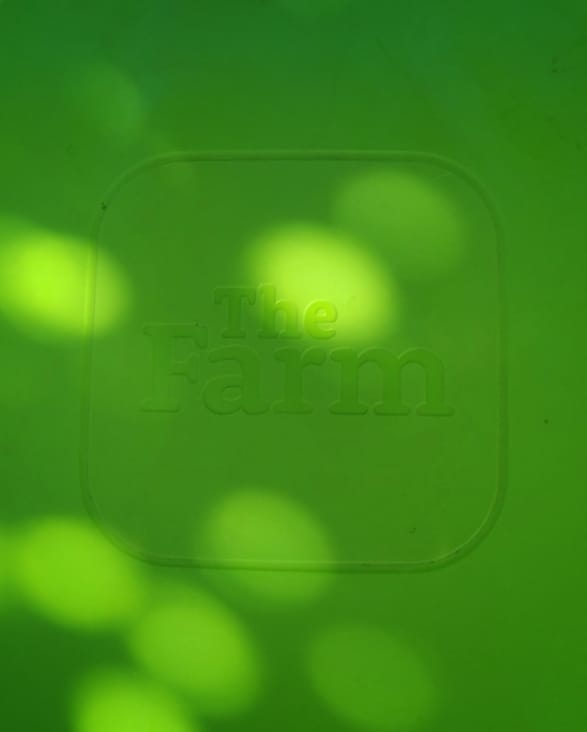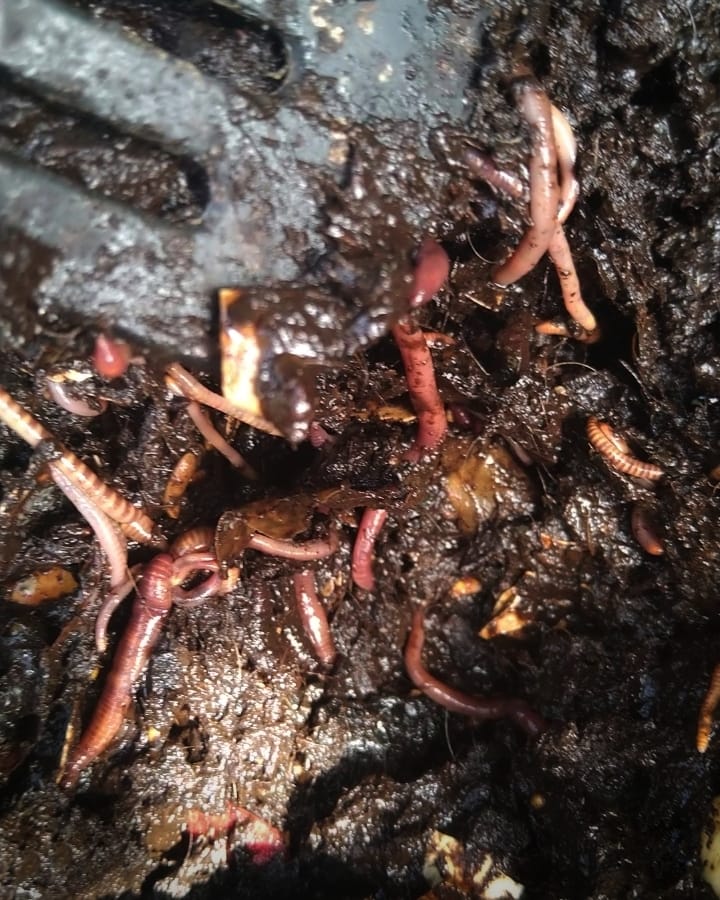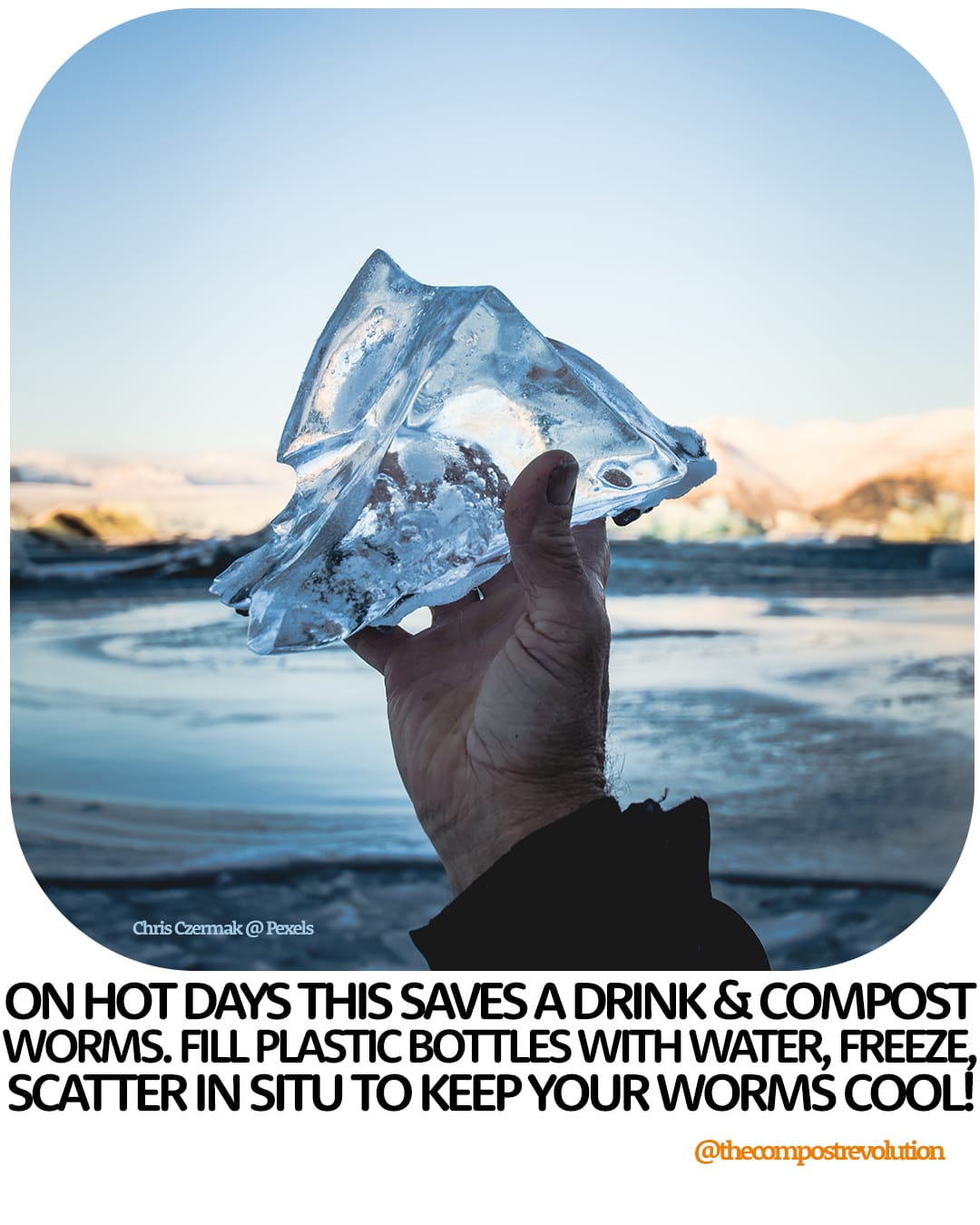With the Australian summer bringing both sizzling temperatures and a bounty of Christmas treats, it's crucial to ensure that your worm farm remains a haven for your wriggly friends. This is your go-to resource to keeping worms happy, healthy, and productive during the hot months.
Shielding your worms from the summer heat
Worms are sensitive creatures, especially to temperature. As the mercury rises, their cosy farm can quickly become a stifling inferno. Here's how to keep them cool.
Location is key: Move your worm farm to a cooler, shaded spot. If outside, ensure it's away from direct sunlight. A garage or laundry can also make sweet temporary digs.

Insulation: Wrap your worm farm in an old blankie or towels to insulate it against extreme heat. On absolute scorchers, placing a wet towel over the farm can help.
Moisture management: Regularly check the moist levels. The bedding should be moist like a wrung-out sponge. If it's too dry, spritz with water. Avoid overwatering, as it's a slippery slide and opens up a whole array of other issues...
Managing the festive feast overload
An Australian Christmas, for the most part, means an abundance of consumption including food. Too much of this festive fare however can overwhelm your worms. Here's how to handle the excess:

In moderation: Worms can eat around half their weight in scraps daily. Avoid overloading them. Introduce new food in small amounts and only add more when the previous batch is nearly all gone.
Balanced diet: Like us, worms thrive on a balanced diet. While fruit and veggie scraps are great, avoid acidic foods like citrus and onion. Mix in eggshells, coffee grounds and small amounts of bread and pasta for variety.
Avoid meat and dairy: These can attract pests and create undesirable odours. Keep your Christmas ham leftovers and cheesy treats out of the worm farm. Feed them to Bob instead.
Chop chop!: Smaller pieces decompose faster and are easier for worms to manage. Taking the time to chop up your scraps can make a world of difference and activate your worm farm into a composting powerhouse.

Balancing your compost
With the increase in food waste during Christmas, balancing your compost is vital. Here's how to keep things in check:
Of browns and greens: Remember the compost mantra - balance 'browns' (carbon-rich materials like dry leaves, newspaper, chopped straw) with 'greens' (nitrogen-rich materials like food scraps, coffee grounds). This helps avoid a smelly, overly wet compost.
Turn regularly: Regularly turning your compost helps aerate it, speeding up the decomposition process and keeping it healthy.
Monitor moisture: Your compost should be moist but not soggy. In hot weather, it might need more frequent watering.
Harvest time: Summer can provide a great opportunity to harvest and use your compost in the garden, making room for fresh inputs as the cycle continues.

Worm health check
Regularly check on your worm farm inhabitants. Healthy worms are active and wriggly. If they're trying to escape or look lethargic, it could indicate a problem with temperature, moisture or food balance.
Pest control: Maintain a vigil against unwelcome guests like fruit flies. It's not the end of the world however their presence indicates a sugar overload from decomposing fruit. Burying food waste and maintaining balance (with browns and greens) helps prevent infestations.
pH levels: worms prefer a neutral pH. If your farm is too acidic (commonly occurs with overfeeding), add crushed eggshells or a sprinkle of garden lime.

Worm wisdom: pro tips
Ice blocks for cooling: On exceptionally hot days, freeze water in small containers and place these in your worm farm to cool it down.
Holiday TLC: If you're going aways for the hols, ensure your worm farm is well prepped. A good feed and water spritz before leaving and proper positioning away from direct heat and sunlight should keep them happy until your return.

Happy happy, joy joy!
Managing your worm farm over what can seem like an endless summer involves careful and proactive heat management, moderated feeding (we should probably do this too), and maintaining a healthy balance in your compost. By following these guidelines, you'll not only keep your worms happy and productive, but also ensure a continuous supply of rich, nutritious compost for your garden. Remember a little extra care goes a long way to create maximum wriggle room as worms thrive in their well-crafted habitat.
PS. If you want a worm farm and don't have one yet - grab The Farm over here!


